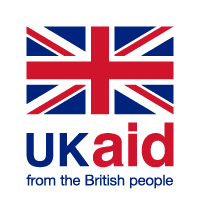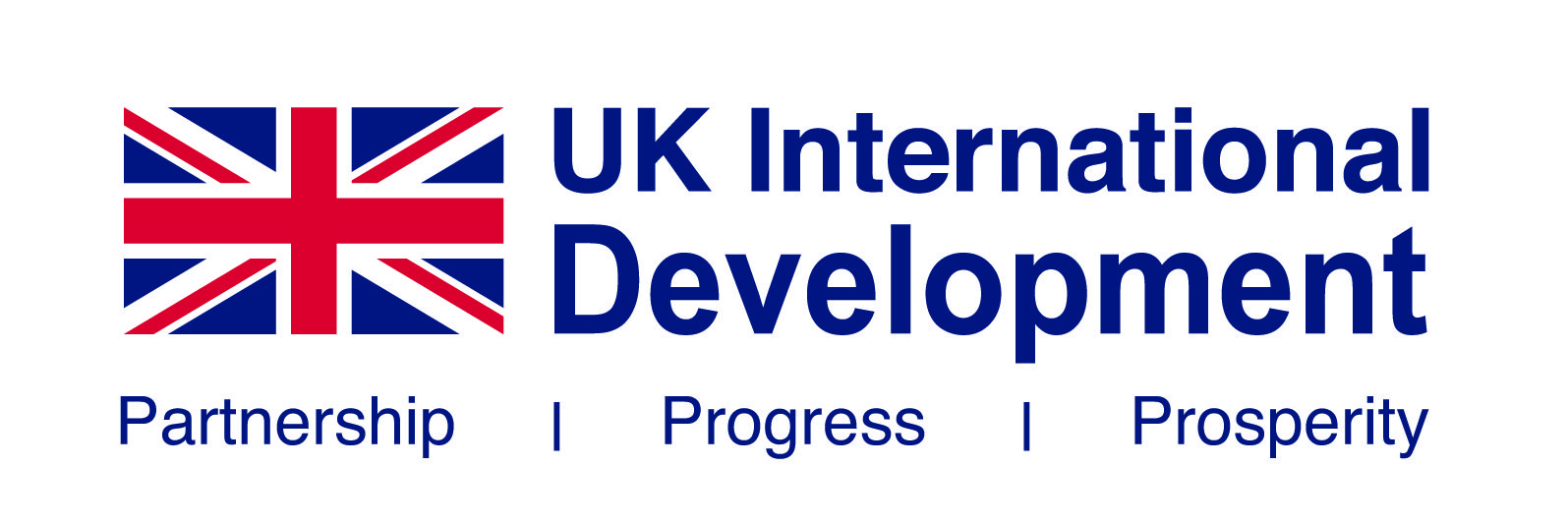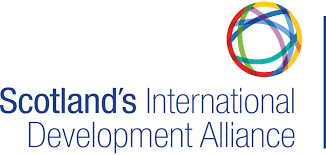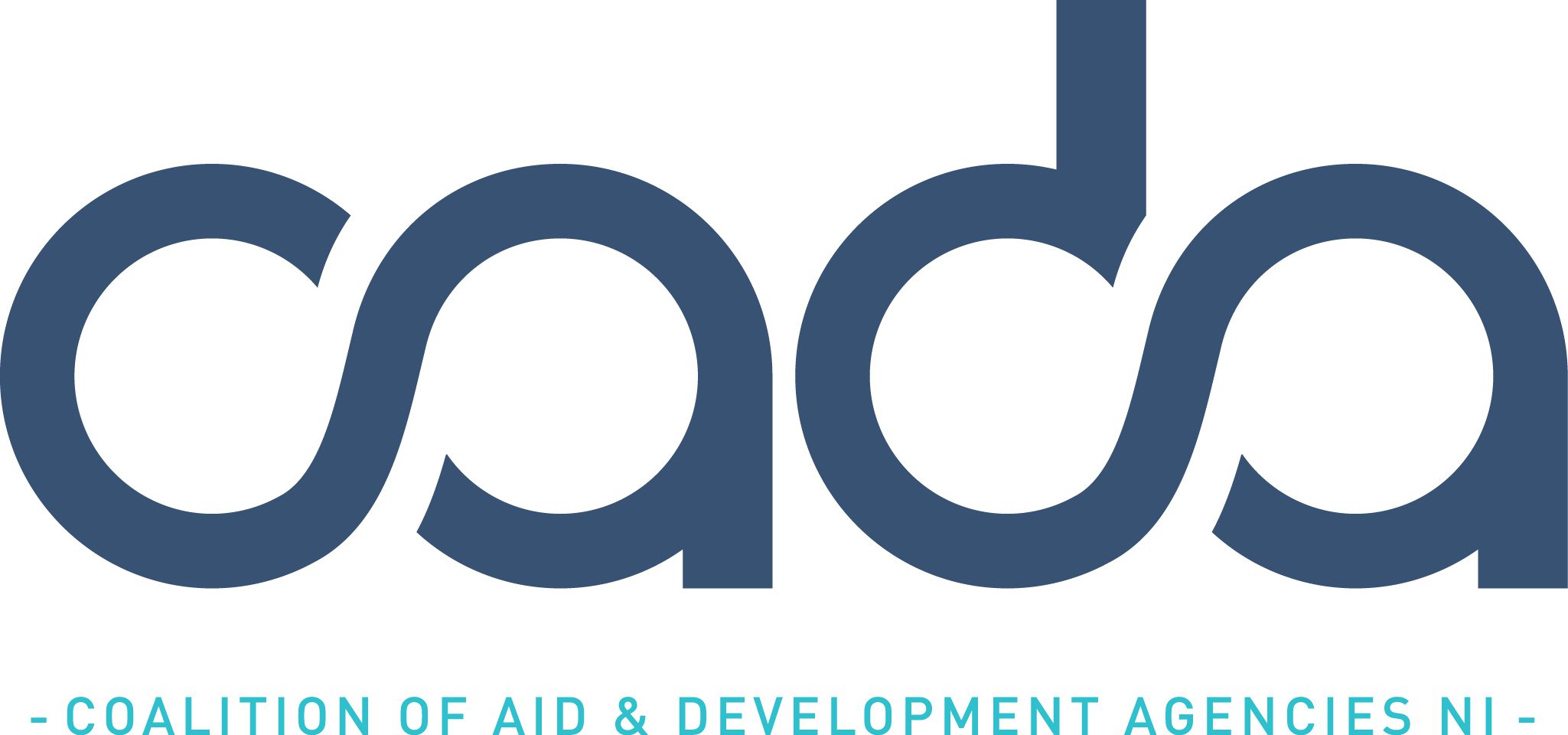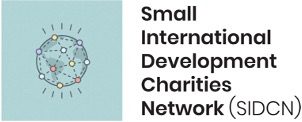22 November 2023
The White Paper on International Development: A Brief Summary for SWIDN Members

Over the summer months, SWIDN asked our members to share their thoughts in response to the FCDO’s invitation for evidence to feed into the International Development White Paper. We pulled these together into a submission and are pleased to see our calls for greater localisation, a focus on equitable partnerships, and longer term funding represented in the FCDO’s International Development White Paper, published on Monday. Earlier in the year, Andrew Mitchell launched the ‘UKDev’ brand to replace UKAid, and this paper outlines the commitments which ‘UKDev’ will deliver up to 2030. You can find the White Paper here.
SWIDN have pulled together a brief analysis for our members, pulling out some highlights of the report, particularly to support our smaller members who may not have the capacity to do so themselves. We will continue to update this blog post over the coming days with links to others’ analyses to give as broad a picture as possible.
If you only have 10 minutes:
The White Paper is 149 pages of detailed content. If you only have 10 mins, we suggest you skim the charts on progress towards the SDGs on pages 17 – 23 for interest and then skip to Chapter 9, which is of most relevance to SWIDN members in its commitments to civil society. Minister Andrew Mitchell spoke a little more about this when he visited SWIDN earlier this month and you can watch the recording here. The FCDO commit to ‘reinvigorate our approach to partnering with civil society’ and particularly through:
- A new match funding offer that builds on previous and existing programmes, such as UK Aid Direct and UK Aid Match;
- Tailored, long-term financing and capacity-strengthening support to a diverse range of CSOs in the UK and in partner countries;
We’re feeling optimistic and celebrating the wins.
We are pleased to see the White Paper readdressing extreme poverty, acknowledging the need for a new approach to development, and putting climate at the heart of development goals. With a UK General Election in the next 12 months, we’re also encouraged to see the paper published after consultation with all political parties in the UK. There are promising shifts in language and intention towards a decolonised approach with more of a focus on equity and inclusion. It’s a strategy that unites development and climate justice, and focuses on equitable partnerships as a priority. As we have seen for a while, the FCDO continue their strong focus on localisation. They promise to say more, when a strategy for how the UK will support local leadership on development, climate, nature and humanitarian action is published. In this Paper, localisation includes practice that gives ‘leaders, communities and individuals a voice in shaping the solutions they want to see’. The White Paper commits the UK ‘to listen to and champion the asks of developing countries’ and ‘supporting countries’ own plans’. There are encouraging commitments to achieve this, including a focus on funding womens’ rights organisations in lower and middle income countries, and a commitment to shift UK aid funding directly to local partners. This is key for SWIDN members and we will be delivering a series of learning events in 2024 around localisation policy and practice – check back here for details.
A focus on women and girls is retained, with language around rights focusing more broadly on gender equality, and LGBT rights are included, along with sexual and reproductive health and rights (SRHR) for all. This is also key for SWIDN members and we hope to include some training in 2024 on gender-inclusive programming. There is also a firm focus on conflict-affected countries and other humanitarian contexts.
There is good news for our research members too, with a focus on funding innovative research and research collaboration – between the UK and those abroad, with academic institutions, and between business and government. Similarly good news for our members who work with the NHS, as support for enabling British health expertise abroad gains a recommitment.
What we hope to see in practice.
Despite the shifts in language, this paper remains firmly about economic development. The private sector is billed as ‘the engine of development’ and a focus on tackling sexual violence is linked to its impact on economic growth. Despite the focus on climate, the language used lacks urgency and there are glaring gaps in policy commitments despite COP28 being just days away. We welcome the acknowledgement that longer term funding is needed and we’re thrilled that new modes of funding will exist for civil society organisations in the UK. We hope this is inclusive of small and micro organisations, both in the UK and in lower and middle income countries, in both policy and practice, and accompanied by reduced bureaucracy that achieves real value for money.
What’s Missing?
The biggest gap in the White Paper is the detail on where the funds will come from to deliver on the commitments made. Alongside the publication of the White Paper this week, SWIDN member Development Initiatives provides context on the trends in UK aid in recent years in this blog. Of particular concern is that, while official ODA rose slightly in 2022 to 0.51% of GNI, 29% of this was spent on in-donor refugee costs, seeing a decline in UK aid spending on all other sectors.
While the White Paper recommits to a return to spending 0.7% of gross national income (GNI) on Overseas Development Assistance ‘once the fiscal situation allows’, analysis suggests this is unlikely to be before 2030, which is both the end date of this White Paper and the deadline for achieving the Sustainable Development Goals.
You can read further analysis from Will Worley in The New Humanitarian here and from Bond here.

